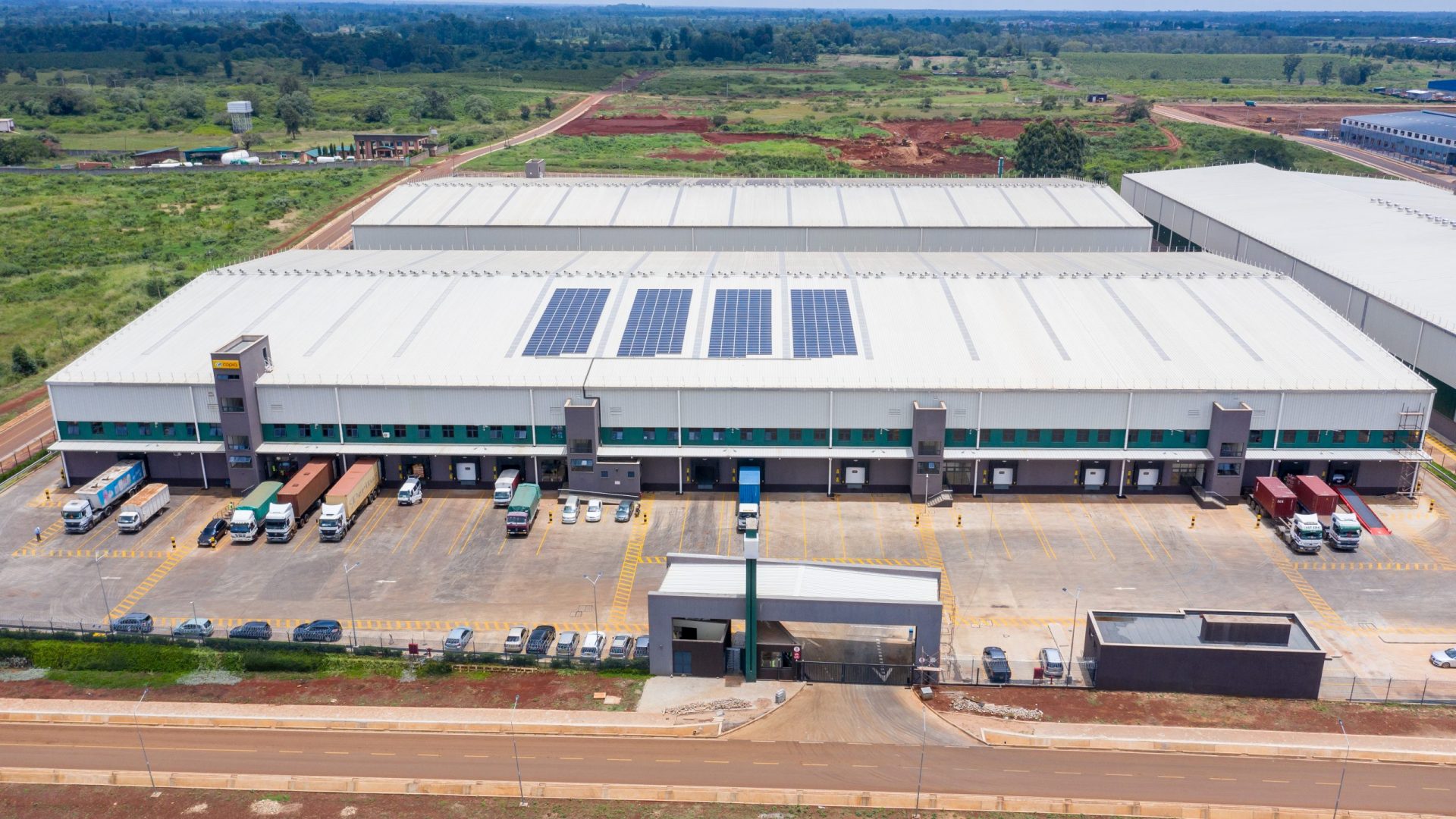This year saw the fifth consecutive failed rainy season in the Horn of Africa. The frequency of droughts in sub-Saharan Africa has tripled over the last 50 years. Floods have increased tenfold. There is worse to come. Global heating will bring more extreme weather.
A lack of water is a hallmark of poverty. Roughly half the world’s population experiences severe water scarcity for at least one month per year. Most Sustainable Development Goals cannot be met without an adequate supply of water. Food security is a particular concern. Crop yields in many parts of Africa are falling, and food prices are rising.
Water and adaptation were at the top of the agenda at the UN Climate Change Conference (COP27) in Egypt this year. Investors are being urged to put more money into climate adaptation. International adaptation finance flows to developing countries are 5-10 times below estimated need.
A cheap and plentiful supply of fresh water would solve a lot of problems. And we have the technology to produce fresh water. But despite falling costs, desalinated water is still not cheap. The costs of water transportation are such that desalination will have limited scope to help water scarce inland regions, and for agriculture, at current prices, the economics only work for high value crops. It is also energy intensive and can be responsible for large volumes of greenhouse gases emissions, when powered by fossil fuels. The process also harms coastal ecosystems.
Desalination presents impact investors with a dilemma – its costs and benefits are both high. It can help countries adapt to a worsening climate; it could be maladaptation.
We commissioned this report to help us identify when and where desalination will achieve our objectives of productive, sustainable, and inclusive development. It also outlines opportunities for impact investors to use their influence to increases social and environmental benefits and decrease harms.
What we find is a sector on the cusp of an impact inflection point, as it starts to integrate more renewable power into its energy supply and finds ways of reducing environmental harms of water intake and brine disposal. But with currently available technologies, desalination remains an investment that requires careful consideration. Done in the right way in the right place, desalination does present an increasingly attractive climate adaptation investment opportunity.












